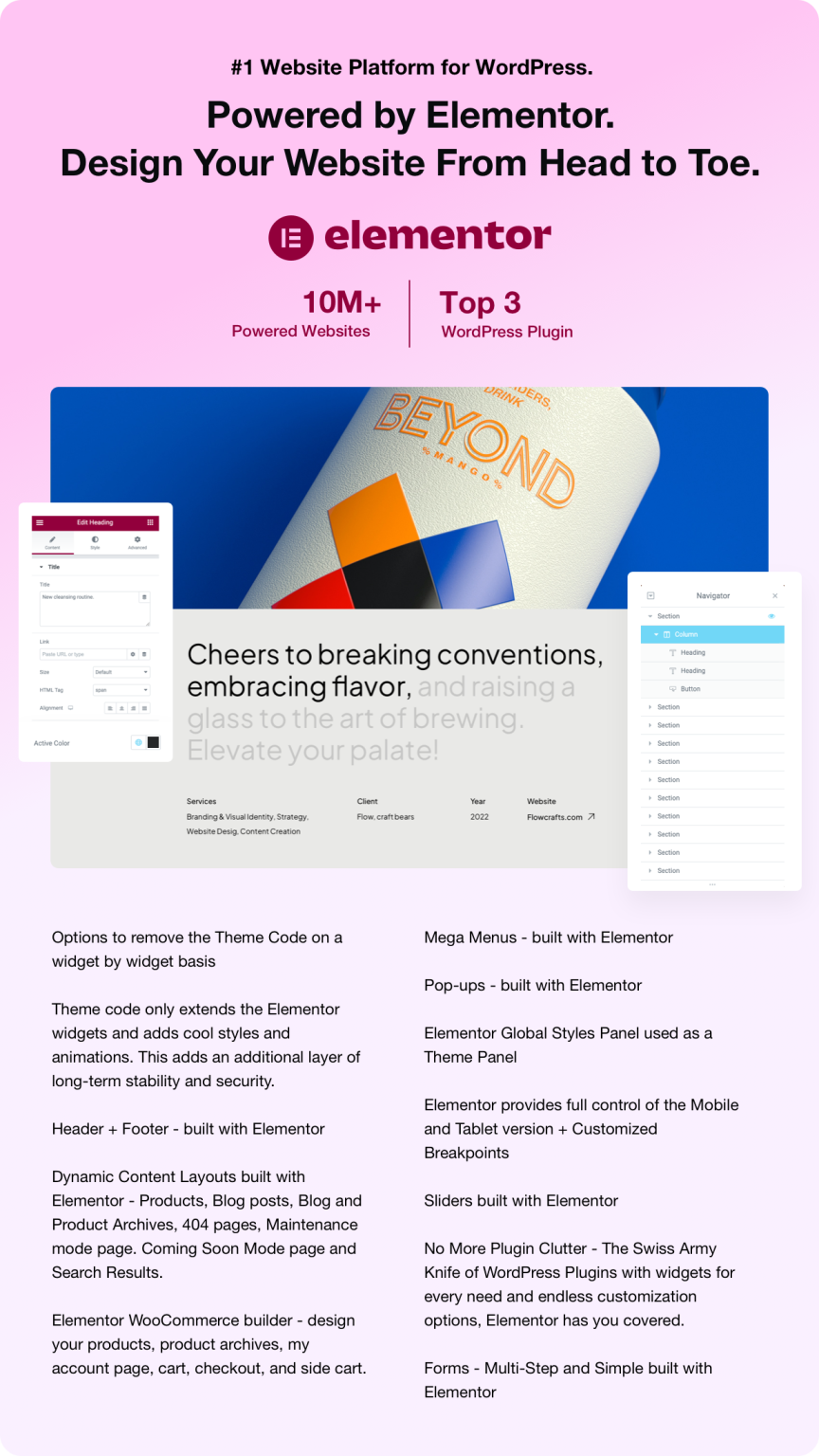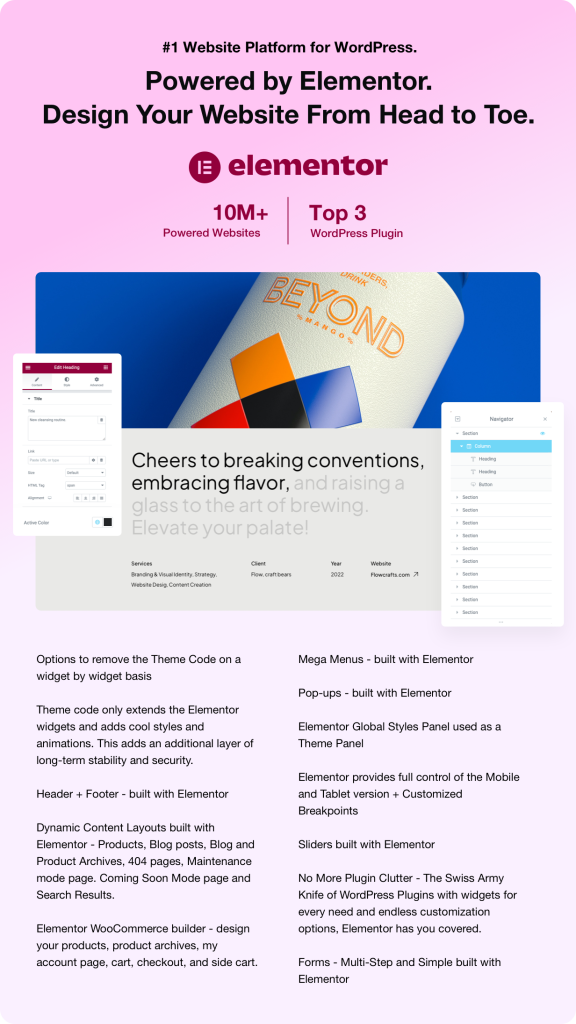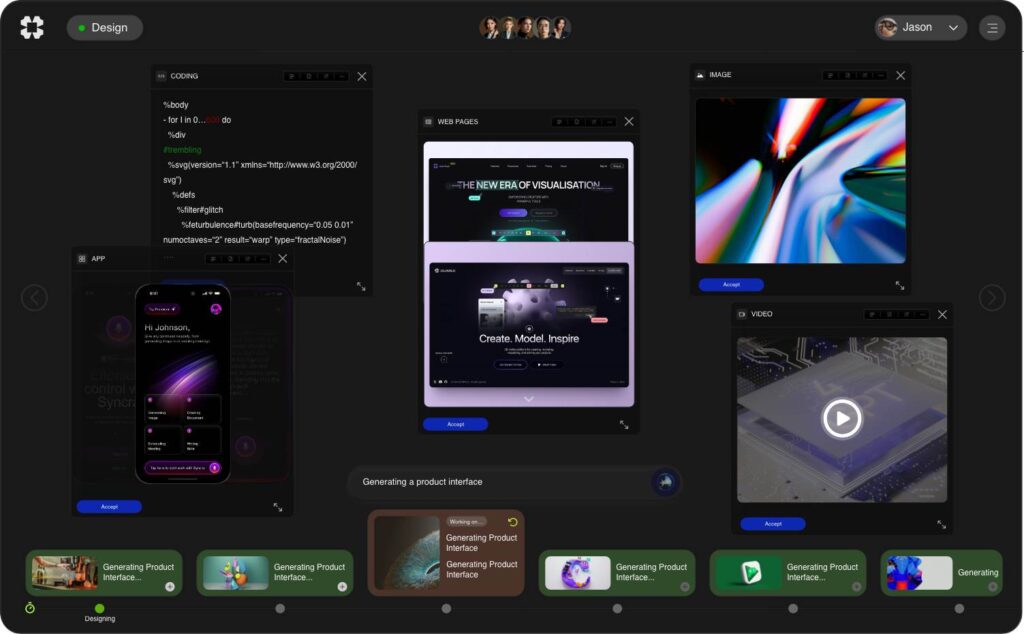In an era where data reigns supreme, businesses are increasingly turning to artificial intelligence (AI) to unlock valuable insights, enhance predictive capabilities, and revolutionize marketing strategies. This article delves into the latest trends and solutions in AI-driven business insights, the role of AI in predictive forecasting, and how AI is reshaping data-driven marketing.
.
**AI-Driven Business Insights: The New Frontier of Decision Making**
The advent of AI has transformed how businesses analyze data and derive actionable insights. Companies are leveraging AI-driven tools to sift through massive datasets, uncover patterns, and make informed decisions. According to a report by McKinsey, organizations that adopt AI in their decision-making processes can increase their productivity by up to 40%.
.
AI-driven business insights allow companies to move beyond traditional analytics. By utilizing machine learning algorithms, businesses can predict customer behavior, optimize operations, and identify new market opportunities. For instance, companies like IBM and Microsoft have developed AI platforms that provide real-time analytics, enabling organizations to stay ahead of the competition.
.
Moreover, AI can enhance the accuracy of business insights by reducing human biases and errors. By analyzing historical data and trends, AI systems can provide more objective assessments, allowing businesses to make data-driven decisions that are less influenced by subjective opinions. This shift towards objective decision-making is crucial in today’s fast-paced business environment, where agility and responsiveness are key to success.
.
**AI in Predictive Forecasting: Anticipating the Future**
Predictive forecasting is another area where AI is making significant strides. Businesses are increasingly using AI algorithms to forecast future trends based on historical data. This capability is particularly valuable in industries such as finance, retail, and supply chain management, where accurate predictions can lead to substantial cost savings and improved efficiency.
.
For example, retailers are using AI to analyze purchasing patterns and predict future sales. By understanding seasonal trends and consumer preferences, businesses can optimize inventory management and reduce stockouts or overstock situations. A study by Deloitte found that organizations using AI for predictive analytics saw a 10-20% increase in sales forecasting accuracy.
.
Additionally, AI-driven predictive forecasting can help organizations mitigate risks. In finance, for instance, AI algorithms can analyze market data to identify potential downturns, allowing businesses to adjust their strategies proactively. Similarly, in supply chain management, AI can predict disruptions caused by natural disasters or geopolitical events, enabling companies to develop contingency plans.
.
As AI technology continues to evolve, its predictive capabilities are expected to become even more sophisticated. Advanced algorithms, such as neural networks and deep learning, are being employed to analyze complex datasets, providing businesses with deeper insights and more accurate forecasts. This evolution will empower organizations to make proactive, data-driven decisions that enhance their competitive advantage.
.
**AI in Data-Driven Marketing: Personalization at Scale**
In the realm of marketing, AI is revolutionizing how businesses engage with customers. Data-driven marketing powered by AI enables organizations to create highly personalized experiences at scale. By analyzing consumer behavior, preferences, and demographics, AI algorithms can segment audiences and deliver targeted marketing campaigns that resonate with individual consumers.
.
For instance, companies like Netflix and Amazon utilize AI to recommend products and content based on user behavior. This level of personalization not only enhances customer satisfaction but also drives higher conversion rates. According to a report by Epsilon, personalized marketing can lead to a 20% increase in sales.
.
Moreover, AI-driven marketing automation tools are streamlining campaign management. Marketers can leverage AI to optimize ad placements, analyze campaign performance in real-time, and adjust strategies on the fly. This agility allows businesses to allocate resources more effectively and maximize their return on investment.
.
AI is also playing a crucial role in sentiment analysis, helping businesses understand consumer perceptions and preferences. By analyzing social media posts, reviews, and other online interactions, AI can gauge public sentiment towards a brand or product. This insight enables companies to adapt their marketing strategies and address customer concerns proactively.
.
**Industry Applications and Use Cases**
The applications of AI-driven business insights, predictive forecasting, and data-driven marketing are vast and varied across industries.
.
1. **Retail:** Retailers are using AI to analyze customer behavior and optimize inventory management. For example, Walmart employs AI algorithms to predict demand for products, ensuring that shelves are stocked with the right items at the right time.
.
2. **Healthcare:** In the healthcare sector, AI is being used for predictive analytics to identify potential health risks among patients. By analyzing patient data, healthcare providers can develop personalized treatment plans and improve patient outcomes.
.
3. **Finance:** Financial institutions are leveraging AI for fraud detection and risk assessment. By analyzing transaction patterns, AI can identify anomalies and flag potentially fraudulent activities, protecting both the institution and its customers.
.
4. **Manufacturing:** Manufacturers are using AI for predictive maintenance, analyzing equipment data to predict failures before they occur. This proactive approach minimizes downtime and reduces maintenance costs.
.
**Technical Insights: The Future of AI in Business**
As AI technology continues to advance, its integration into business processes will become more seamless. The development of explainable AI (XAI) is one of the key trends to watch. XAI aims to make AI decision-making processes more transparent, allowing businesses to understand how algorithms arrive at specific conclusions. This transparency is essential for building trust in AI systems and ensuring compliance with regulations.
.
Additionally, the rise of edge computing is set to enhance AI capabilities. By processing data closer to the source, businesses can achieve faster insights and reduce latency. This is particularly beneficial for industries like manufacturing and logistics, where real-time data analysis is critical.
.
Finally, the democratization of AI tools is making it easier for businesses of all sizes to harness the power of AI. Cloud-based AI platforms are providing organizations with access to advanced analytics without the need for extensive in-house expertise. This trend is empowering small and medium-sized enterprises (SMEs) to compete on a level playing field with larger corporations.
.
**Conclusion: Embracing the AI Revolution**
The integration of AI-driven business insights, predictive forecasting, and data-driven marketing is reshaping the business landscape. Organizations that embrace these technologies will be better positioned to navigate the complexities of the modern market, make informed decisions, and deliver personalized experiences to their customers.
.
As AI continues to evolve, its potential to drive innovation and efficiency will only increase. Businesses that proactively adopt AI solutions will not only enhance their operational capabilities but also unlock new opportunities for growth and success in an increasingly competitive environment.
.
In summary, the future of business lies in harnessing the power of AI. By leveraging AI-driven insights, predictive capabilities, and data-driven marketing strategies, organizations can transform their operations and thrive in the digital age.
.
**Sources:**
1. McKinsey & Company. (2020). The State of AI in 2020.
2. Deloitte. (2021). AI and the Future of Work.
3. Epsilon. (2018). The Power of Me: The Impact of Personalization on Marketing Performance.
4. IBM. (2021). AI for Business: Unlocking the Value of Data.
5. Microsoft. (2020). The Future Computed: AI and Manufacturing.





















